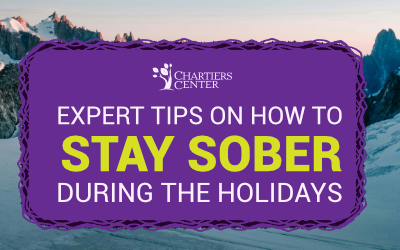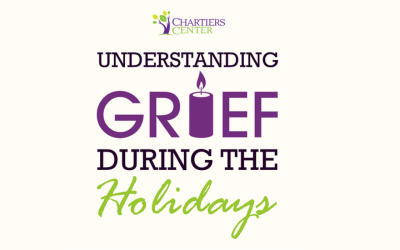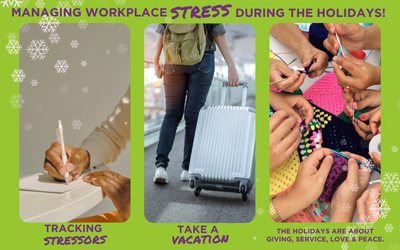How to Care for Yourself While Practicing Physical Distancing
By Rubina Kapil (This article is from the Mental Health First Aid website.)
If you or someone you care about feels overwhelmed with emotions like sadness, depression or anxiety, or like you want to harm yourself or others call 911.
This is a stressful time for many. With the government and media sharing updates throughout the day and the fear of the unknown, it is understandable to feel overwhelmed, stressed and anxious. You are not alone.
Millions of people across the country are facing the same worries and challenges that you are. During this time, it is important to remember that it’s OK to not be OK. It’s also important to take care of your mental health.
While practicing physical distancing, there are easy self-care strategies that can help reduce feelings of depression and anxiety, or prevent anxiety before it even starts.
Use these tips from the MHFA curriculum to take care of your mental health while practicing physical distancing.
- Eat healthfully to keep your body in top working order.
- Exercise reduces symptoms of depression and anxiety, whether we’re working out at home or taking a solo jog around the neighborhood.
- Practice relaxation therapy. Focusing on tensing and relaxing muscle groups can help you relax voluntarily when feeling overwhelmed, stressed or anxious.
- Let light in. For some people, increased exposure to light can improve symptoms of depression. If you can, open the shades and let more sunlight in.
- Be kind to yourself! Treat yourself with the same compassion you would a friend.
- Stay connected. Even if you can’t get together face-to-face, you can stay connected to friends, family and neighbors with phone calls, text messages, video chats and social media. If you’re feeling lonely, sad or anxious, reach out to your social support networks. Share what you are feeling and offer to listen to friends or family members about their feelings. We are all experiencing this scary and uncertain time together.
- Monitor media consumption. While you might want to stay up-to the minute with COVID-19 news, too much exposure can be overwhelming. Balance media consumption with other activities you enjoy, such as reading, cooking or listening to music.
Self-care doesn’t require you to go outside or spend a lot of money. Adding small changes to your routine can make a big difference to your overall mood and well-being.
Thank you for choosing to #BeTheDifference and remember to practice self-care with Mental Health First Aid.
https://www.mentalhealthfirstaid.org/2020/03/how-to-care-for-yourself-while-practicing-physical-distancing/
Covid-19 has brought on feelings of depression and isolation. If you are struggling with your mental health, alcohol or drug related issues, now is the time to seek help. Chartiers Center provides a Outpatient and Substance Abuse Outpatient services both in house and via telehealth. Call our Intake Specialist for more specific information (412) 221-3302 ext.123.



